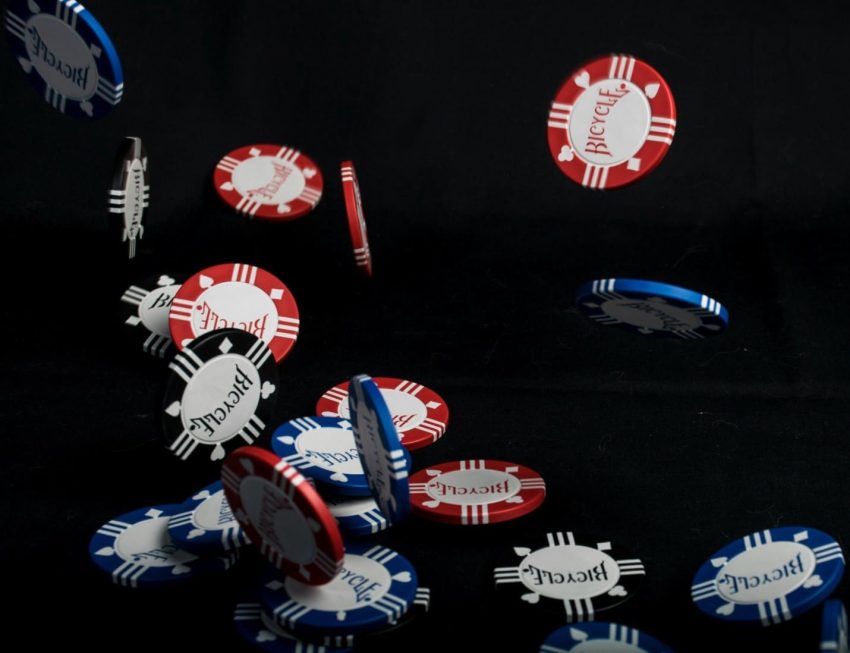Introduction
If the player on your left checks in a poker hand, the action switches to them without you having to bet. Checking is only possible if no one has placed a wager on the current street. Example: on the current street, if someone bets before you, you can choose to fold, rise, or call. If you want to call at least the bet on the present street, you can’t use checking techniques.
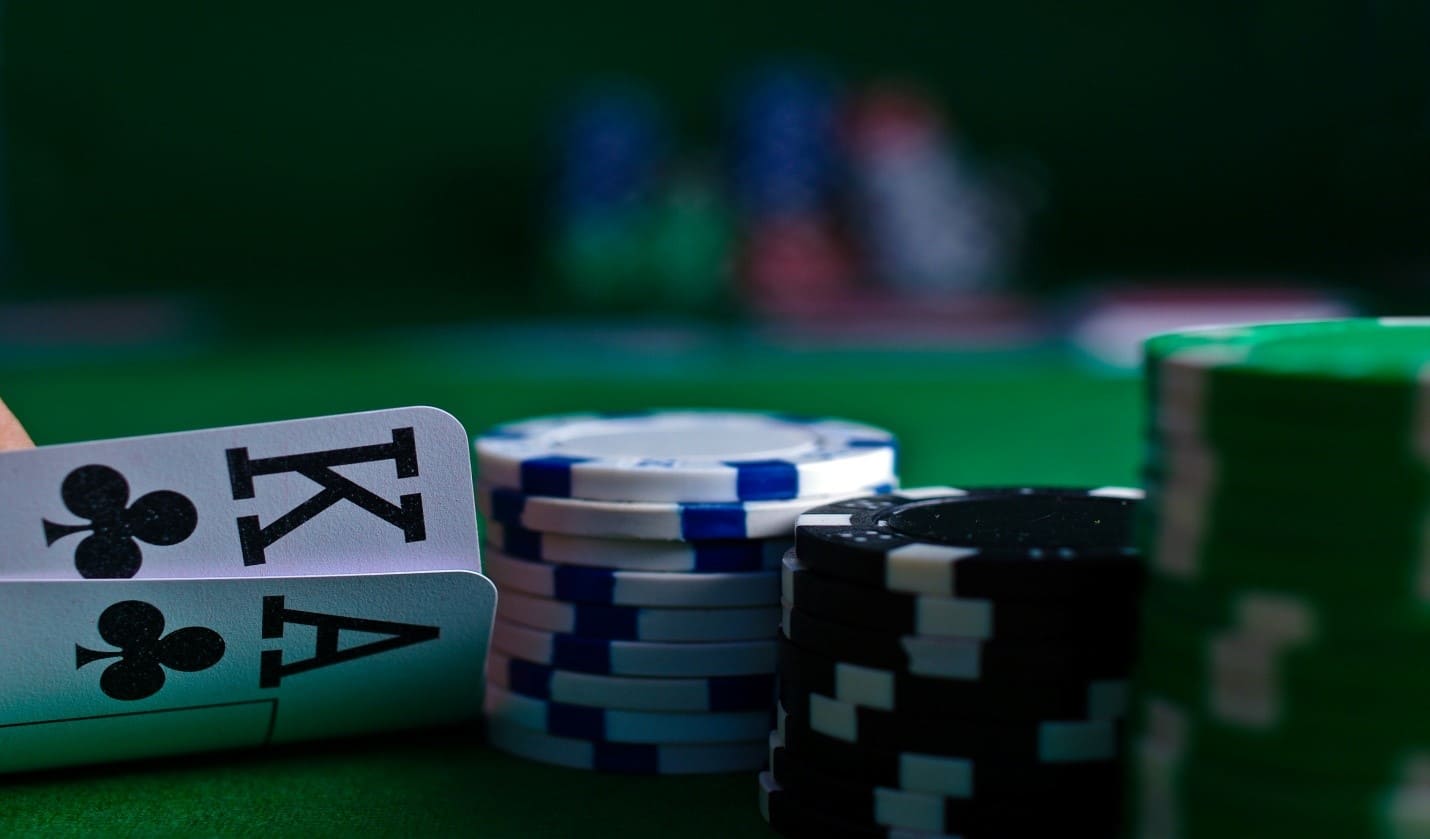
What is check?
Checking is just declining to gamble when it is your turn. When a player is uncertain of their hand or wants to see how other players are acting, they may often utilize so casino send.
What does check mean in poker
During a game of poker, you have five main options for actions. These include a variety of raising, folding, checking, bluffing, and calling techniques. If you want to increase your cash, you need to learn the poker lingo. You should also be aware of your game’s optimal moves.
When one player checks, it delays the action until the next player does the same. An aggressive opponent may occasionally bluff, thus this is a good strategy to use when facing them. On top of that, they are trying to figure out what their opponents’ hands look like. You shouldn’t check if your hand is incredibly strong, but playing with a bad hand can improve your odds of winning.
If you find it difficult to fold with a weak hand, checking is a great alternative.
You can also use the dark as a guide when you’re unsure of what to do next. You should also see if your hand is average before the flip. If you want to be sure you’re the first to act after the flip, you can check that as well. If your opponent checks first, you can end up losing the bet.
The last bet put by someone before you is actually what you’re matching when you check. As close as it gets to betting, that is. You can choose to raise or call if your opponent has checked. To rephrase, you are free to choose between placing the next wager, the best bet, or doing nothing. It is prudent to choose a wager size to avoid financial loss.
The check raise, a polite way of saying “bluff,” is another common strategy in poker. One strategy for starting a hand is to check and see if the player after you raises. The poker player proceeds to make another raise. Because the other player has to decide whether to call or fold, this could significantly impact the outcome of the hand. A big or little pot could result from the conditions.
It could be difficult to keep tabs on your internet opponents when playing. A check might assist you in making the best decision, but it could be costly. The only problem is that the check isn’t always necessary.
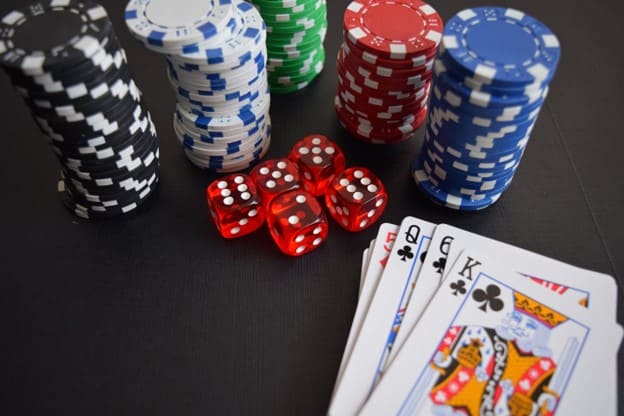
You should check before the flip because you don’t want to open your hand for the first time. Even though checking the flip is an option, you should fold if your bet is raised or called. Furthermore, considering your low odds of winning against multiple opponents, it is not worth your time to check for pocket aces. You should bet the lowest amount possible, but you should also bet heavily on the river.
Basics of Playing Poker
Variations of poker account for the vast majority of games played at casinos in Las Vegas and online. Learning how to play poker is a must for everyone who wants to have fun and win money at casinos. After you’ve mastered the basics of the game, you can play poker online for fun. Since the rules for most poker variations are the same, learning the game will allow you to improve your game and have more fun playing. Playing at home, at online casinos, or live events like the World Series of Poker are all great ways for people to get into the game of poker. There are only a handful of basic rules that you need to follow.
Mastering the art of poker begins with memorizing the hand ranking system. Creating the finest possible five-card hand is the objective in nearly every poker variation.
Learning poker entails more than just memorizing hand rankings. Beyond that, you should familiarize yourself with the many forms of poker that are played at gambling establishments. The goal of stud poker, which usually involves a variation of five- or seven-card stud, is to make the greatest possible hands with the cards that are dealt to you. With seven cards, the game becomes more skill-based rather than luck-based, which is why seven-card stud variants are more popular than five-card stud. Omaha and Texas Hold ‘Em are two examples of these variants.
Draw poker is another game that you might want to consider studying the rules of. Most casinos do not offer draw poker, even though players have tremendous odds; nonetheless, there are a plethora of for-credit You may play draw poker games at online casinos. In draw poker, the best possible hand is achieved by discarding a certain number of cards after the first deal and then receiving an equal number of new cards. The exact number of discards and additional cards received depends on the game type.
Mastering the art of poker will allow you to partake in the most exciting card game that is now accessible. You can hone your bluffing skills when you learn the ropes of the game and try to trick live opponents into folding or leaving the game in the hopes of winning a seat at the World Series of Poker. You can learn the game of poker by yourself, with friends, or even over the internet.
All the information you need about poker in one place
However, that is my purpose for being here. You have my word that this online poker site is second to none! So, this is it. This website is light years ahead of the competition. Have trust. From what I’ve observed, there aren’t many other websites that provide such a comprehensive collection of poker-related content. The website has superbly organized its content in addition to providing a wealth of information on poker. To avoid confusing broad information with more targeted gaming tips, the content is well organized.
From my extensive experience as a poker player, I can tell you that it provides a thorough introduction to the game. Some of the articles that can assist people in understanding the game better include “Manage Your Blinds” and “Beginners can play decent poker.” So that the inexperienced fan isn’t daunted by technical jargon, they are broad instructional articles with obvious principles. Numerous poker rooms can be found on this website.
In addition, they let users peruse honest poker reviews. You must visit our website if you desire evaluations of full-tilt poker, Chan poker, Metropolis poker, Giant poker, Bodog poker, and Club poker. In a great area called “deal of the month,” you may find the greatest poker deal fast. There are five of the best poker bonus deals displayed prominently on the first page. You may also find an additional list of the best five casino bonuses. Everything you need is right there on one page, including the greatest deals. Expert players can learn how to make money playing poker online. One can now play these online games with actual cash!
Read the latest updates and expert commentary about poker at Poker Deal Blog. Because of its emphasis on reader participation, this site in particular piqued my interest. They disagree over the latest happenings in the world of poker. Also available to the public are the most recent news stories. We welcome your feedback. From the rules of the game to the latest poker news, the website and blog cover it all. Take a look at the biggest registration bonus ever!
The website is beautifully designed; it is user-friendly and uncluttered. Just the way you want it. Poker, in my opinion, is the best internet resource available. Please give it a go. If you’re bright enough, you could be able to generate money with this website!
A Look at the Perils of “Checking” for Poker
Although “checking” could be a valuable approach in some poker situations, players should be mindful of the significant hazards associated with it. When players check instead of betting, they miss out on opportunities to win the pot or get valuable information about their opponents’ hands.
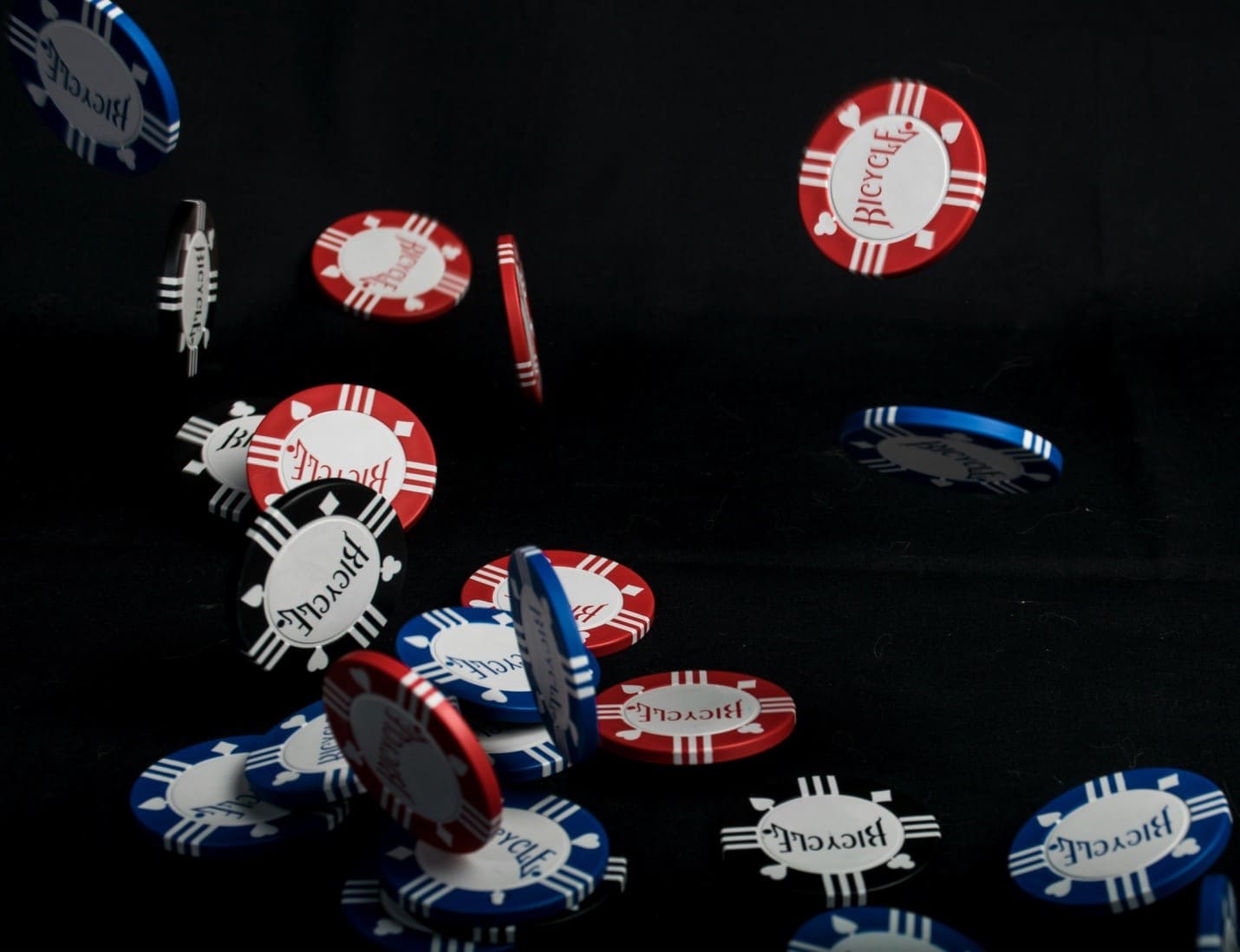
A major risk of checking is that it could give the impression of weakness to your opponents. This could lead to aggressive betting from other players, putting the checking player on the defensive and potentially forcing them to fold. If a player checks too frequently, they risk becoming predictable, which can give their opponents an advantage.
Another risk of checking is that it might prevent a player from getting value. It may be more advantageous to bet or rise when holding a powerful hand than to check and allow weaker players to join the pot. Looking away from the table also means you miss out on opportunities to bluff or take chances.
If a poker player wants to get the most out of checking, they need to do so with caution and an understanding of the risks involved. As a player, you should assess each scenario independently and consider how checking might influence your game strategy.
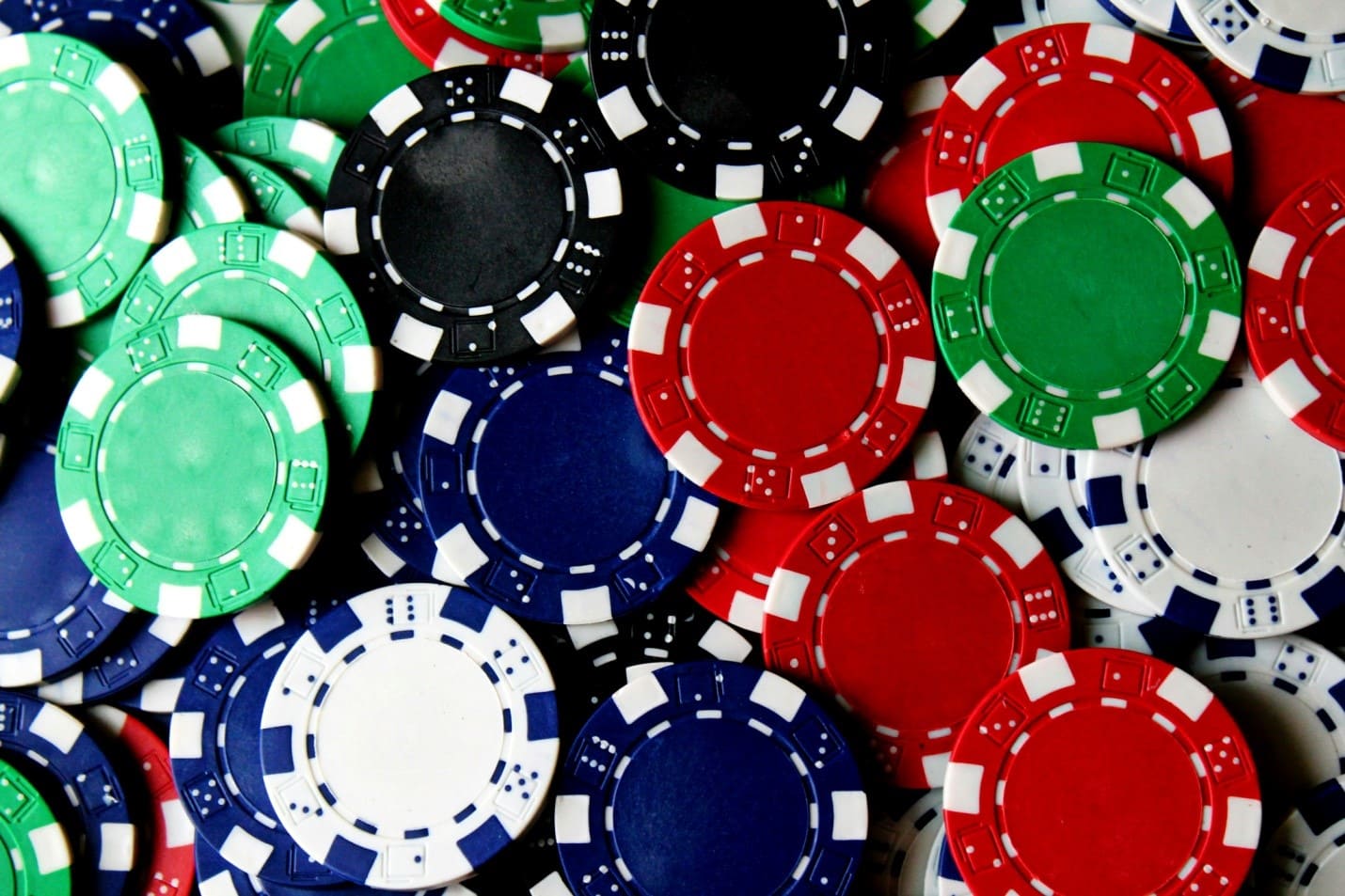
Reading Opponents’ “Checks”
Improving your poker game requires you to learn how to read your opponents. As an example, you may keep a tight eye on them whenever they check. When one player wants to pass the action to the next without betting, they can do it with a check. Although its precise meaning varies from context to context, it often denotes vulnerability or doubt.
You can find out a lot about a player’s hand strength and objective when they check. For example, if they check after a potentially dangerous board is revealed, it could be because they are afraid of getting flush or straight and would prefer a free showdown. Checking after a harmless board, on the other hand, could be an attempt to trap you with a strong hand.
You can also observe your opponent’s expressions and posture when they check. Making a worried or relieved face? Does their attention go toward the cards or the pot? How engaged are they? Intuitive signals like these can reveal if a player is bluffing or has a strong hand.
The Significance of Checking in Heads-Up Games
In heads-up poker, checking is a useful tool. You can use it to your advantage by making your opponent doubt the strength of your hand. Players can potentially preserve their chips by examining if their hands are weak. Also, when your opponent has a worse hand, you can use checking to make them wager.
Inspecting the Heads-Up Play during
If one’s opponent or one’s hand is weak in heads-up play, checking may be considered. Checking can also be useful for players with weak hands who want to view a river or turn a card without increasing their chip count in the pot.
If You Use the Check Too Frequent
While checking can be an effective strategy in heads-up play, it’s important not to overdo it. If a player checks too often, their opponent may be able to anticipate their moves and adjust their strategy accordingly. Another risk for a player is missing out on bluff opportunities or pot wins when they check too frequently.
Last but not least, even if checking is a smart move in heads-up games, you should only use it when necessary. Players should consider their hand strength and their opponent’s tendencies while deciding whether to check or bet. Alternating checks and bets allow players to boost their chip stack while keeping their opponent guessing.
Conclusion
In poker, if a player on your left checks, the action switches without you betting. Checking is only possible if no wager has been placed on the current street.

